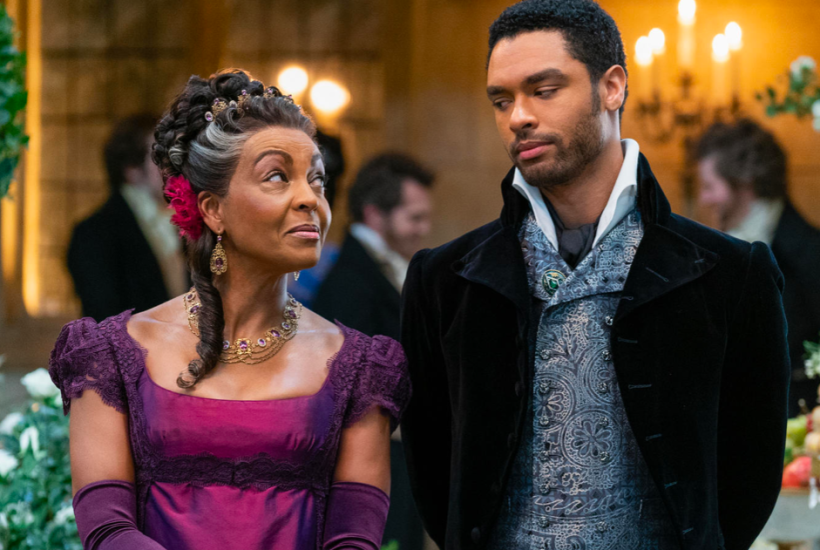There’s a great revival under way inthe British TV and film industry,but it’s not the BBC that’s behind it.Netflix is normally secretive about its figures but this week published a list of its mostpopular shows and top of the pile is Bridgerton, which imagines Regency London asa racially mixed society.
Already a subscriber? Log in
Subscribe for just $2 a week
Try a month of The Spectator Australia absolutely free and without commitment. Not only that but – if you choose to continue – you’ll pay just $2 a week for your first year.
- Unlimited access to spectator.com.au and app
- The weekly edition on the Spectator Australia app
- Spectator podcasts and newsletters
- Full access to spectator.co.uk
Or
Unlock this article
This is the leading article from the forthcoming edition of The Spectator, out tomorrow.




















Comments
Don't miss out
Join the conversation with other Spectator Australia readers. Subscribe to leave a comment.
SUBSCRIBEAlready a subscriber? Log in